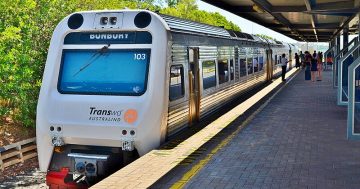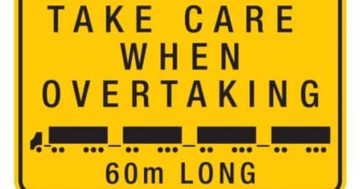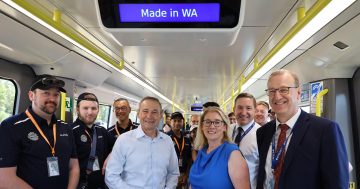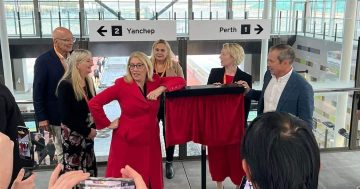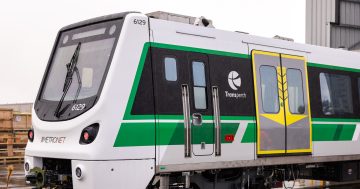
Overviewing the initiative is an inter-agency committee chaired by the Commissioner of Main Roads and including members from the Department of Premier and Cabinet, Department of Treasury, Public Sector Commission and the State Solicitor’s Office. Photo: Main Roads WA.
After two years of work, the Western Australian Government is set to wrap up its initiative of bringing road maintenance back in-house, with the Kimberley region transitioning 18 new staff into Main Roads positions.
In April 2022 then-premier Mark McGowan announced his government’s intention to undo the outsourcing of road maintenance in WA throughout the 1990s. The number of employees of the state’s transport agency in charge of implementing policies on road access and main roads – Main Roads WA – fell from 2605 in 1985 to just 819 in 2001.
The impact of outsourcing such work was felt most severely outside the cities as Main Roads lost the ability to train regional people and employ local workers, due to the State Government losing control of assets and in-house expertise.
By returning this work back to Main Roads, the WA Government promised it would improve pay and conditions for employees, boost regional economies and improve response times – especially during emergencies.
Transport Minister Rita Saffioti recently lauded the initiative for creating “hundreds of well-paid local jobs in regional communities across our state”.
“It has been very rewarding to see the transition process over the past two years, and to see how the change is delivering better outcomes for workers and regional economies.”
Part of the push to get this initiative going came from the Australian Workers Union (AWU).
WA branch secretary Brad Gandy said in February that road maintenance crews should expect to see significant increases to their take-home pay, as well as improvements to job conditions and security as they transitioned from casual workers to full-time, permanent employees.
“Road maintenance workers put in long hours, in often challenging conditions, to ensure that our road network is safe and fit for purpose and that communities across Western Australia can stay connected,” he said.
“After nearly 30 years of outsourcing, which has seen hundreds of job losses, creeping casualisation and a decline in industry pay standards, it’s a massive win for workers, who will now enjoy the benefits of secure, well-paid union jobs.”

Each region transitioned to a new model as the contract period for their existing network contracts came to an end. Source: Main Roads WA.
The WA Government promised it would create 660 new permanent jobs within Main Roads and has made progress since beginning the initiative, with more than 550 positions created. More than 420 of these jobs have been filled by employees previously working for contractors.
It made the decision to go forward with the initiative following independent financial analysis by Ernst & Young in 2021. The consulting firm reported that an in-house delivery model would not only be value for money but serve wider objectives such as increased First Nations employment and regional economic growth.
EY’s report found this model would save more than $25 million a year when fully implemented and increase gross regional product by up to $335 million over the next decade until 2032.
So far the transition to this in-house delivery model has been rolled out to all seven regional Main Roads offices and the metropolitan area, along with their respective incident response services.
In support of the initiative, the WA Government has provided $48.8 million to these new or expanded existing offices and maintenance depots in Manjimup, Broome, Karratha, Esperance, Neerabup, Jandakot and Welshpool.
The process began in the Wheatbelt back in October 2022 and is now focused on the Kimberley as the last region to make the move to Main Roads.


